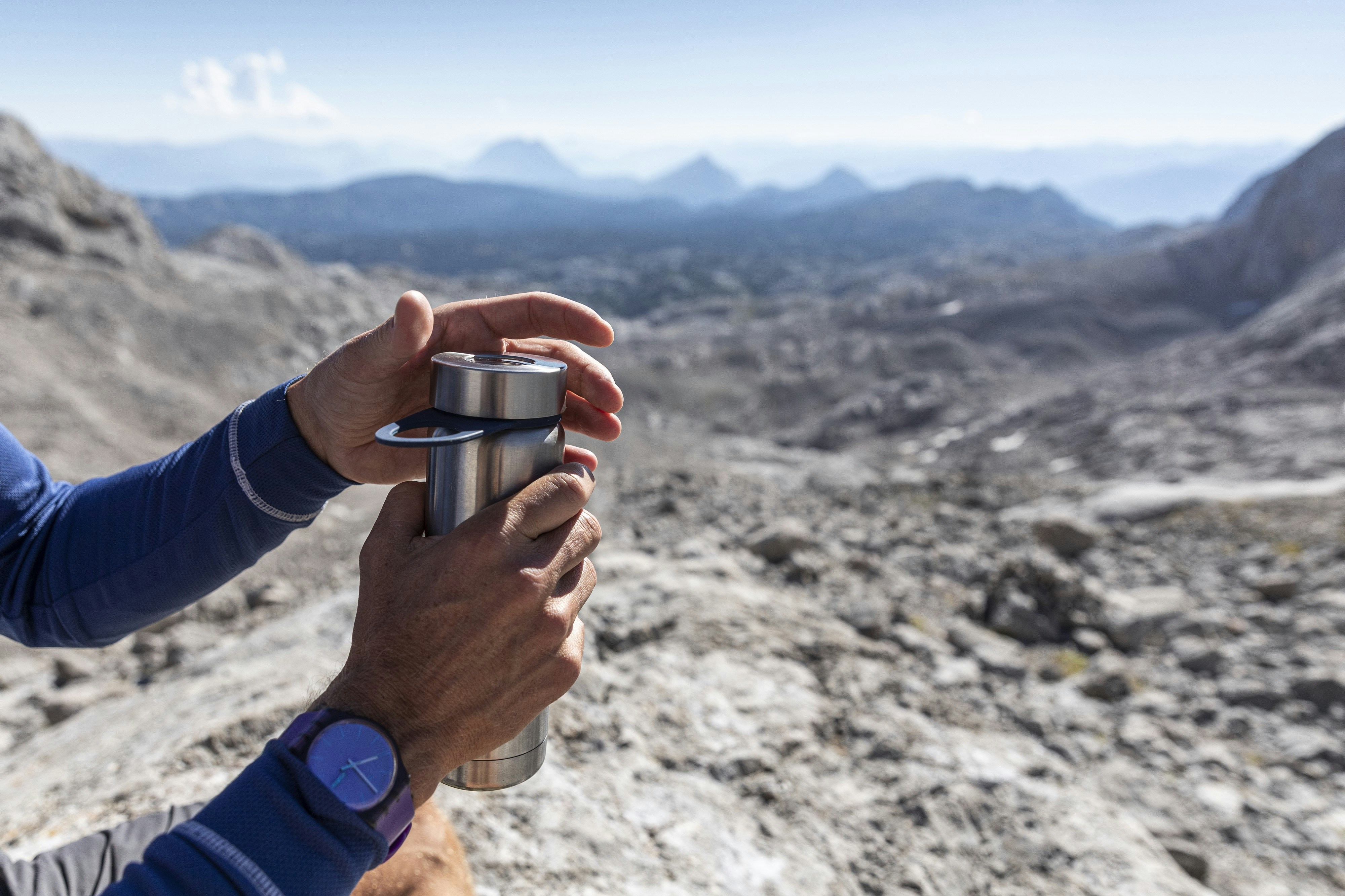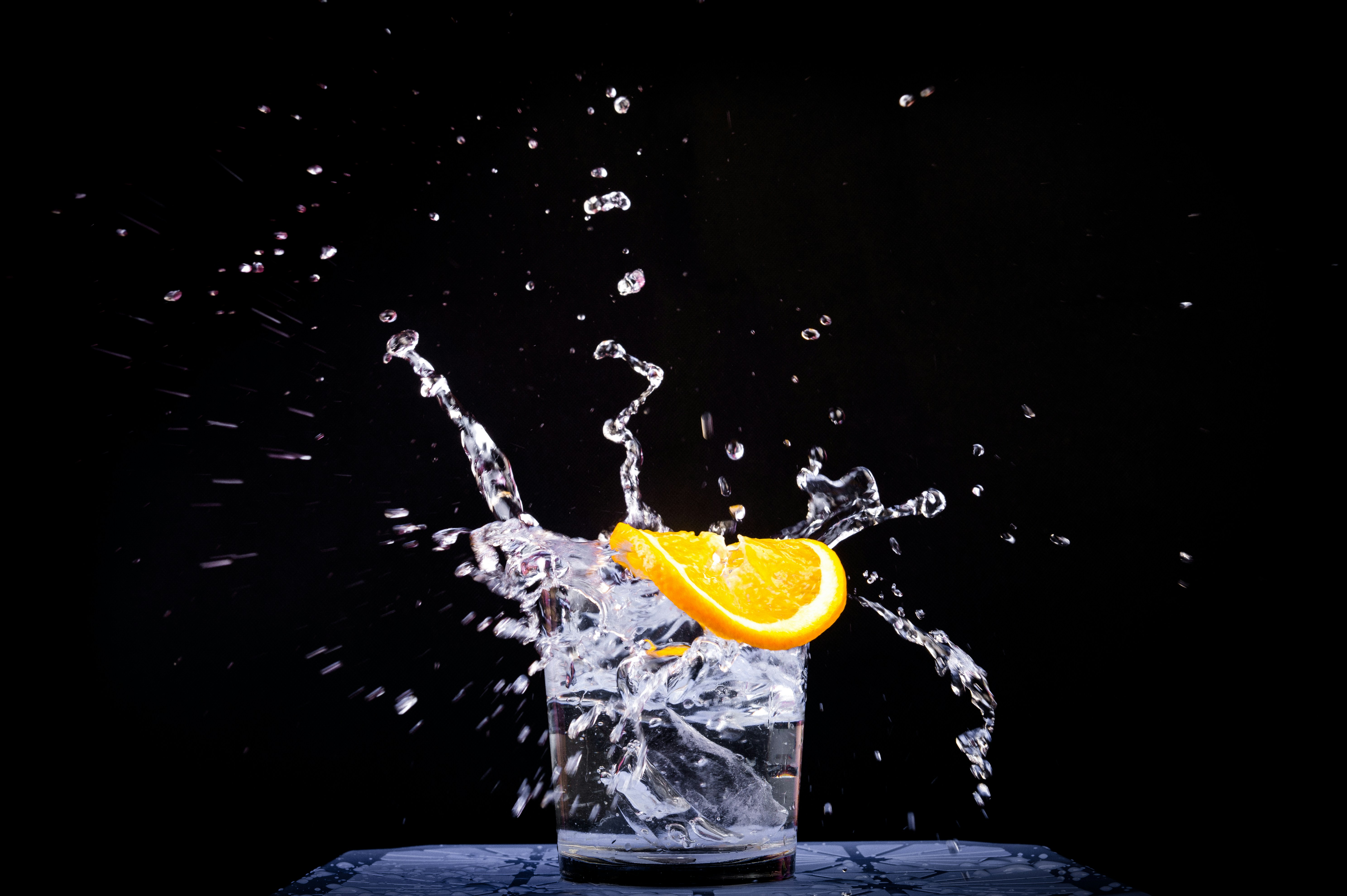It’s a question that has crossed your mind numerous times: does drinking water help with weight loss? You may have seen countless articles and heard conflicting opinions on this topic. Well, today, we’re here to demystify the wonders of hydration and provide you with the answers you’ve been searching for.
In this article, we’ll explore the relationship between drinking water and shedding those extra pounds. We’ll dive into the science behind the claim, addressing common misconceptions along the way. By the end, you’ll have a clear understanding of how water can potentially aid in your weight loss journey, empowering you to make informed choices for a healthier lifestyle. So, let’s quench our thirst for knowledge and embark on this enlightening exploration together!
The Importance of Water in Weight Loss
How Water Affects the Body
Water is an essential component of the human body, accounting for approximately 60% of your total body weight. It plays a vital role in many physiological functions, including regulating body temperature, lubricating joints, and aiding digestion. When it comes to weight loss, water also plays a crucial role in supporting your efforts.
Water and Metabolism
Metabolism refers to the process by which your body converts food and drinks into energy. It is well-known that water is involved in various metabolic reactions in the body, including the breakdown of carbohydrates, proteins, and fats. Adequate hydration is key to maintaining a healthy metabolism.
Water and Appetite Control
Proper hydration is not only important for your metabolism but also for appetite control. Dehydration can often be mistaken for hunger, leading to unnecessary snacking and overeating. When you drink enough water, you can help curb feelings of hunger and prevent mindless eating.
Does Drinking Water Increase Metabolism?
The Thermogenic Effect of Water
One of the ways in which drinking water can potentially increase metabolism is through its thermogenic effect. Thermogenesis refers to the body’s ability to generate heat, and this process requires energy. When you consume cold water, your body needs to work harder to warm it up to your core body temperature, thus increasing calorie expenditure.
The Role of Hydration in Metabolism
In addition to the thermogenic effect, adequate hydration is necessary for optimal metabolic function. Studies have shown that even mild dehydration can slow down your metabolism, making it more difficult to lose weight. By staying properly hydrated, you can ensure that your metabolism is functioning at its best.
Can Drinking Water Reduce Appetite?
Water as a Natural Appetite Suppressant
Drinking water before meals can be an effective natural appetite suppressant. When you consume water, it fills up your stomach, giving you a feeling of fullness and reducing the chances of overeating. This can be especially beneficial if you tend to eat larger portions or struggle with portion control.
The Effects of Water on Food Intake
Research has shown that drinking water before a meal can lead to a decrease in calorie intake. Not only does water take up space in your stomach, but it also dilutes the concentration of calories in the food you eat. This can help you feel satisfied with smaller portions and reduce overall calorie consumption.
Does Drinking Water Before Meals Aid in Weight Loss?
The Concept of Water-induced Caloric Deficit
By drinking water before meals, you can create a caloric deficit, which is essential for weight loss. Water contains zero calories, so by replacing high-calorie beverages or snacks with water, you reduce your overall calorie intake. Over time, this caloric deficit can contribute to weight loss.
Timing and Quantity of Water Consumption before Meals
To make the most of drinking water before meals, it is recommended to consume it approximately 30 minutes before eating. The quantity of water can vary depending on individual needs, but aiming for 8 to 16 ounces is a good starting point. Adjusting the quantity based on personal preference and tolerance is important to ensure comfort during meals.
Does Cold Water Help with Weight Loss?
The Thermogenic and Caloric Effects of Cold Water
Drinking cold water has been thought to increase the number of calories burned, as your body works harder to warm up the water to body temperature. While the effect may be modest, every little bit counts when it comes to weight loss. Cold water can help boost your metabolism and increase calorie expenditure.
Cold Water and Metabolic Rate
Some studies suggest that drinking cold water can temporarily increase your metabolic rate. The increase may be due to the energy your body expends to warm up the water. However, it is important to note that this effect is temporary and not a substitute for other essential factors in weight loss, such as a balanced diet and regular exercise.
Does Drinking Water Replace High-calorie Drinks?
The Role of Sugary and High-calorie Beverages in Weight Gain
Sugary and high-calorie beverages contribute significantly to weight gain. These drinks are often loaded with added sugars and unnecessary calories, leading to excess calorie consumption. By replacing these beverages with water, you can avoid the empty calories and reduce your overall calorie intake.
Substituting Water for High-calorie Drinks
Replacing high-calorie drinks with water is a simple and effective way to support weight loss. Not only does water provide hydration without any added calories, but it can also help satisfy thirst and reduce cravings for sugary beverages. Making this substitution a habit can have a significant impact on your overall calorie consumption and weight management.
How Much Water Should You Drink for Weight Loss?
Daily Water Intake Recommendations
The recommended daily water intake can vary based on individual factors such as age, gender, activity level, and overall health. However, a general guideline is to consume at least 8 cups (64 ounces) of water per day. If you are physically active or live in a hot climate, you may need to increase your intake to ensure proper hydration.
Factors Affecting Water Needs for Weight Loss
Several factors can affect your water needs for weight loss. These include your body weight, the intensity and duration of your physical activity, and the climate in which you live. It is important to listen to your body and drink water whenever you feel thirsty. Additionally, incorporating water-rich foods such as fruits and vegetables can also contribute to your overall hydration status.
When to Drink Water for Weight Loss?
The Importance of Hydration Throughout the Day
Maintaining hydration throughout the day is essential for weight loss. It is important to drink water consistently throughout the day, even when you’re not feeling particularly thirsty. By staying hydrated, you can support your metabolism, control your appetite, and ensure that your body functions optimally.
Timing Water Consumption to Enhance Weight Loss
While drinking water consistently throughout the day is crucial, there are certain times when it can be particularly beneficial for weight loss. Consuming water before meals can help reduce calorie intake, and drinking water during meals can aid in digestion. Additionally, staying hydrated during and after exercise is essential for performance and recovery.
Does Drinking Water Increase Physical Activity?
The Role of Water in Exercise Performance
Water plays a vital role in exercise performance. Staying hydrated before, during, and after exercise helps regulate body temperature, lubricate joints, and transport nutrients to your muscles. By drinking enough water, you can enhance your physical performance and support your weight loss efforts.
Hydration and Exercise-induced Weight Loss
When it comes to weight loss, exercise-induced weight loss can be an effective strategy. Engaging in physical activity can help burn calories and increase your metabolic rate. However, it is crucial to stay properly hydrated during exercise to optimize performance and ensure that your body can efficiently burn calories.
Conclusion
In conclusion, water plays a significant role in weight loss. From boosting metabolism and curbing appetite to replacing high-calorie drinks and aiding digestion, staying adequately hydrated is a simple yet effective strategy for achieving and maintaining a healthy weight. Remember to listen to your body’s thirst cues, drink water consistently throughout the day, and make mindful choices about when and what to drink. Cheers to a healthier, hydrated, and successful weight loss journey!



